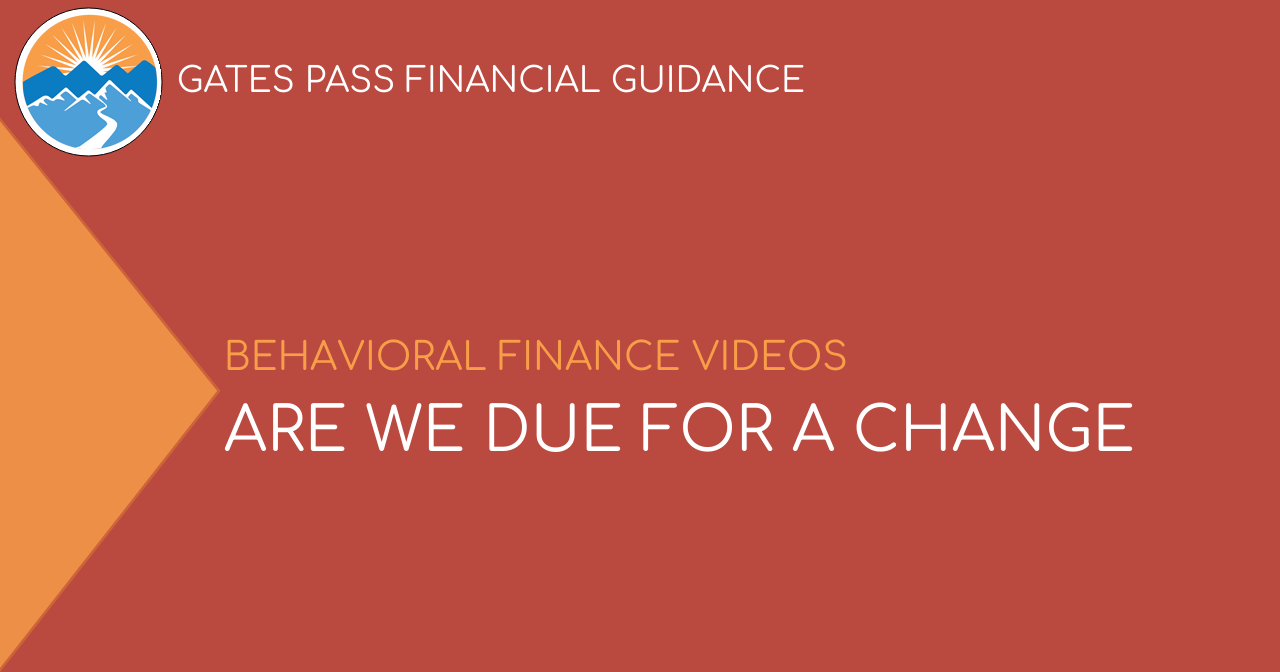For many people, property and casualty insurance policies are too often an afterthought. However, if the unexpected happens and adequate protection is not in place, the best financial plans and investment portfolios can change drastically in a moment. Derry Wisnom, a Private Risk Advisor with Risk Strategies Company, specializes in complex risk mitigation. She offers eight key tips about your insurance coverage.
- Review Your Policies Regularly
Things can change quickly in our world. Just recently, a pandemic, inflation and supply chain issues have contributed to higher prices that drove up the cost to rebuild homes or repair vehicles. That’s why it’s best to review your insurance policies once a year with your agent to ensure your coverage is adequate.
- Take Steps to Prepare Your Home for Wildfires
With all the wildfires in California, insurance carriers may choose not to renew homeowner policies for homes in areas with a high risk of wildfires. While your agent can help you find replacement coverage, and many states offer fire-only coverage under Fair Access to Insurance Requirements (FAIR) plans if needed, you can take steps on your own to protect your home. Fire-resistant roofs, synthetic decks, and ember-resistant vents are three great ways to do so. Outside, clear trees that are close to your home and avoid using flammable landscaping materials, like bark mulch.
- Consider Earthquake Retrofitting
A homeowner’s policy also doesn’t cover earthquake damage or loss of contents from an earthquake. If you live in an earthquake-prone area, earthquake insurance policies are a wise decision but can be expensive with high deductibles. Earthquake retrofitting can not only stabilize the foundation of your home to help reduce damage, but it can also help to lower your insurance premiums. Talk with your insurance agent to compare premium costs with the costs involved with retrofitting your home.
- Beware of Minimum Auto Insurance Coverage
If you are at fault in an auto accident, your liability exposure could be more than you think. Only carrying enough liability coverage to meet your state’s minimum limits may not be enough, so set your limits high enough to protect you in the event of an accident. Similarly, since many people only carry the state minimums and are under-insured, have enough uninsured/under-insured motorist insurance to cover you if an at-fault driver’s coverage does not fully pay for your damages.
- If You Have a High Net Worth, You May Need an Umbrella
A bad accident could lead to the other party taking you to court for more than just your liability insurance. An umbrella policy provides additional coverage on top of your auto and homeowner’s policies to protect your assets and pay for legal fees. Plan to have enough to cover at least your net worth and keep in mind the policy may be cheaper than you think.
- Make Sure Everyone is Accounted For
Let your insurance agent know all parties involved for both your homeowner’s and auto policies. For example, if your nanny drives your children around, list the nanny as a driver on your auto policy. If your home is in a trust, that trust should be listed on your homeowner’s policy. Also talk to your agent about anyone working at your home, such as housekeepers, caregivers, etc. to explore how to include them in your coverage. This way you’ll be prepared for any situations you may face as an employer, like workers’ compensation due to an accident at your home.
- Don’t Forget Your High-Value Items
Homeowner’s policies do not cover expensive items like fine jewelry and artwork, so have those items appraised and added to your policy through a rider or insure them separately.
- Know Before You Remodel
When remodeling your home, talk to your insurance agent to make sure you don’t experience any unwelcome surprises. Some policies may not cover your home during a remodel, especially if it is vacant.
We hope these tips help you protect your family and the assets you’ve worked hard for. At Gates Pass Advisors, we want to make sure you not only have a financial plan in place, but the appropriate insurance coverage to protect it. We don’t just focus on your investment plan because your other assets are critical to your overall financial success. If you would like to get in touch with Derry, or if you’re ready for a review of your overall financial plan, use the Contact link at the top of the page and we will be glad to help.
| Categories:




